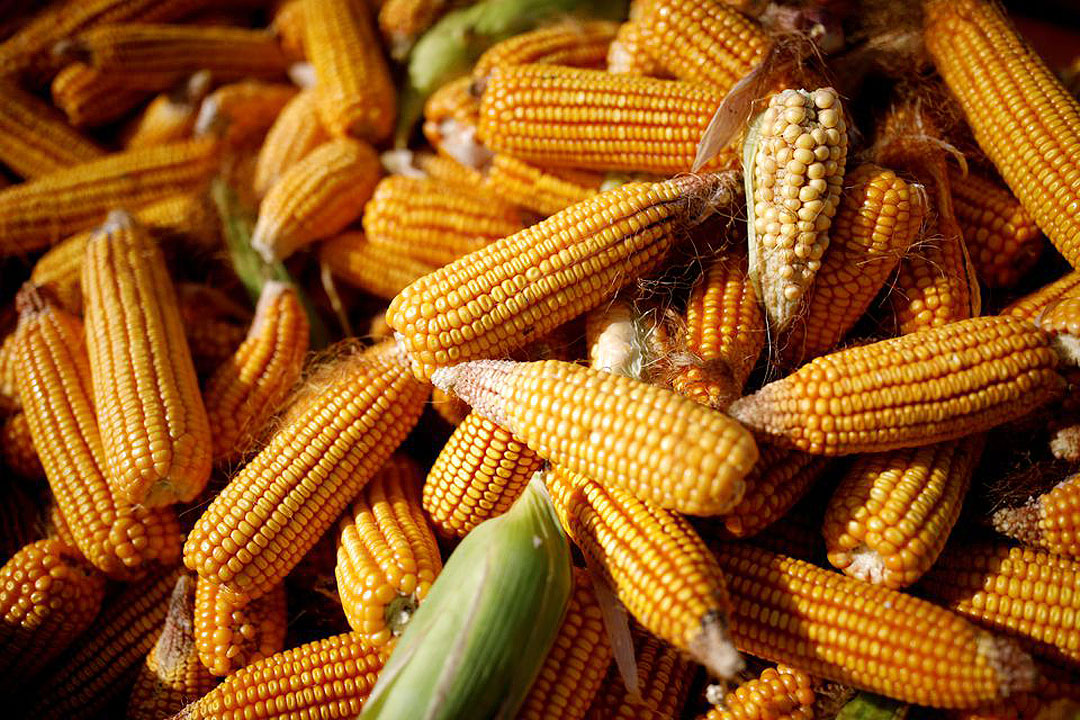
By Kyle Aristophere T. Atienza, Reporter
THE trade deal with the US will lower the cost of key inputs used in animal feed, to the advantage of the livestock industry, while also boosting food security, according to the Department of Agriculture.
“The zero tariff on US agricultural imports could support the goal of President Ferdinand Marcos, Jr. of achieving a food-secure Philippines by lowering the cost of key inputs — especially for livestock production,” Secretary Francisco Tiu Laurel, Jr. was quoted as saying.
President Ferdinand R. Marcos, Jr. announced plans to increase imports of soy and wheat from the US in the course of negotiating a one-percentage-point reduction in US tariffs for Philippine products, to a rate of 19%.
The US supplies for 80% of Philippine soybean meal demand.
The US Department of Agriculture has projected that Philippine soybean meal imports growing 3.1% to 3.35 million metric tons (MMT), citing the hog industry’s recovery from African Swine Fever. It also noted increasing demand from the broiler, layer, aquaculture, and pet food segments.
The USDA also projected a decline in Philippine wheat imports of 3% to 7.2 MMT as the animal feed industry turns to corn over wheat.
The Philippines does not produce wheat, importing milling wheat for human consumption and feed wheat for animal feed.
Feed wheat is typically substituted for feed corn when the global price of wheat is more competitive than that of corn.
Mr. Laurel said it is too early to assess how the trade deal will affect Philippine agricultural exports.
“Whether the Philippine agriculture sector will gain or not from this trade deal with the US remains to be seen, especially as many of our competitors are still negotiating better terms,” he said.
US President Donald J. Trump has said Mr. Marcos agreed to allow the entry of some US goods to the Philippines tariff-free, with Philippine negotiators obtaining a 19% tariff rate on exports to the US.
The 19% tariff rate is higher than the 17% rate imposed on the Philippines in early April but less than the 20% rate Mr. Trump assigned two weeks ago.
Among Philippine competitors, Indonesia obtained a 19% rate in its trade agreement with the US, with Vietnamese goods being charged 20%, escalating to 40% for goods transshipped via Vietnam.
Thailand and Cambodia have yet to finalize their own deals. By Aug. 1, their goods will be charged 36% tariffs, unless they agree to their own trade deals in the interim.
Joseph Purugganan of Trade Justice Pilipinas said Philippine exports will have a hard time competing with goods from Vietnam.
“The cost of materials and other inputs is cheaper in Vietnam,” he said via Messenger chat, adding that Vietnam is better integrated into regional supply chains.
“We need to seriously examine the deals made by Vietnam and Indonesia and what tradeoffs and concessions they made to the US,” Mr. Purugganan said.
“The last thing we need is a race to the bottom where we lower our own standards and protection for domestic industries, sacrificing strategic interests for these concessions,” he added.
He noted that the US deal with Indonesia guarantees US access to Indonesia’s critical minerals.
“We’re concerned that a similar concession was made by the Philippines.”
“If the whole plan was to achieve a food-secure Philippines by lowering the cost of inputs through lower or zero tariffs, we should not have waited for the US to demand that we cut out tariffs on their exports to 0%,” Federation of Free Farmers National Manager Raul Q. Montemayor said via Viber.
“We could have just unilaterally set all our tariffs to zero. But we did not do so because we knew that equally sensitive sectors will be affected, especially our small farmers,” he added.
The farming industry considers food security to also “depend on a robust, competitive and productive local sector, and not simply rely on cheap imports,” Mr. Montemayor said.
Mr. Purugganan said farmers should challenge the deal by demanding full disclosure of the trade concessions.
“What exactly did we give up in this deal — beyond automotive? What sectors or safeguards were quietly traded away?”
“We are calling for a full impact assessment and public consultations. These are crucial to identify which workers and industries will be affected and to develop appropriate responses and safety nets,” Mr. Purugganan said.